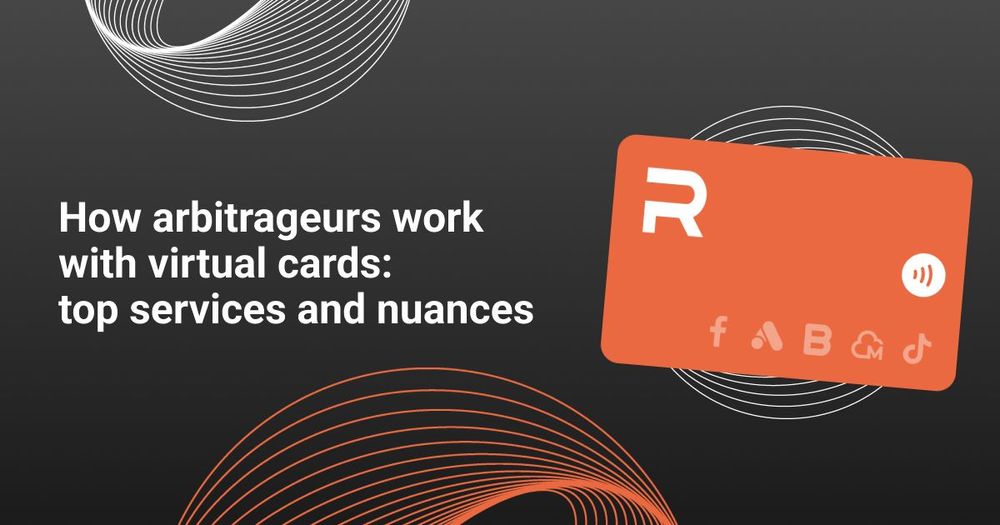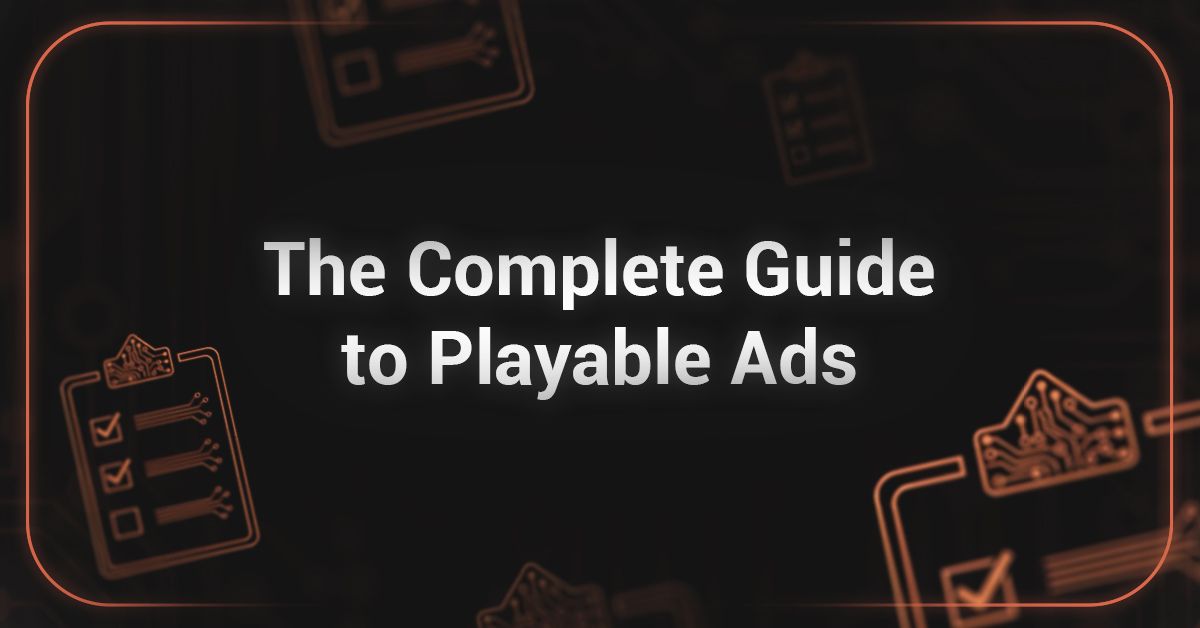
In traffic arbitrage, it’s crucial to have flexible and efficient tools for managing budgets, paying for ads, and testing offers. Virtual cards have become indispensable in this field—they help bypass limits, manage campaign spending, and reduce the risk of account bans.
In this article, we’ll explore why virtual cards are so important for media buyers, what parameters to consider when choosing a card, and present the top services for renting and issuing virtual cards.
Why Virtual Cards Are a Must-Have for Media Buyers
Virtual cards allow arbitrage teams to effectively manage budgets and reduce the risk of payment system bans. Unlike classic bank cards, they aren’t tied to a physical medium and are issued instantly. This is vital in arbitrage, where speed is critical. Key benefits of virtual cards:
- Anonymity and data protection. Your main account’s data isn’t used during payment, minimizing the risk of leaks.
- Flexible top-ups. Cards can be funded via various sources, including crypto.
- Spending limits. Adjustable limits help control expenses and avoid unexpected charges.
- Mass issuance. Some services let you create dozens of cards for campaign-level budgeting.
- Bypass restrictions. Virtual cards reduce the chance of ad account bans—especially with Facebook Ads, TikTok, and Google Ads.
Media buyers use virtual cards for running traffic, testing offers, and overcoming financial restrictions. It's a universal tool that simplifies platform work and streamlines financial operations.
What to Look for When Choosing a Virtual Card
Choosing the right virtual card depends on your traffic type, sources used, and transaction volume. A mistake at the start can lead to frozen funds, malfunctioning ad accounts, or even bans. Key selection criteria:
- BIN Geography. To successfully launch on Facebook or TikTok, the card’s issuing country must match campaign requirements. Some offers require strictly EU or US-issued cards.
- Platform and MCC support. Not all cards are accepted for ad payments—especially in high-risk categories. Choose cards tested with Facebook, Google, and other platforms.
- Card type. Debit virtual cards are preferred in arbitrage. Credit or prepaid ones may not pass moderation. 3D-Secure support is also essential—many platforms require it for added security.
- Fees and limits. Check issuance cost, maintenance and top-up fees, transaction limits, and balance caps.
For large-scale traffic operations, these parameters are crucial.
- Management convenience. The service should offer fast issuance, mass generation, API access, or Telegram bots. A simple interface speeds up campaign launches.
- Account currency. If you’re working with EUR or USD, choose the appropriate currency to avoid conversion fees.
- Top-up sources. The card should accept crypto, Visa/Mastercard transfers, or P2P—important for quick starts.
Card choice isn’t just about convenience—it’s survival. One wrong BIN, and your ad account is banned.
Top 3 Virtual Card Services
There are dozens of options, but media buyers need stability, support, and verified BINs. Here’s a top-3 list of virtual card services suited for launching, scaling, and handling various traffic sources.
RentAcc.Agency
![]()
RentAcc.Agency provides virtual cards and agency accounts for advertising. Built for arbitrage, their cards integrate well with Facebook, Google, TikTok, and more.
- Issuance cost: $1.5
- Top-up fee: 4%
- BIN GEOs: US, UK, Brazil
- Payment methods: USDT, Swift, Capitalist
- Benefits: 10+ verified BINs, 3D Secure, Telegram alerts, card-to-card transfers, transaction monitoring, balance tracking
FlexCard
![]()
FlexCard offers virtual cards for FB, Google, TikTok, etc. VK and Yandex are not supported.
- Issuance cost: $2
- Top-up fee: From 3%
- BIN GEOs: US, UK
- Payment methods: USDT, Wire
- Benefits: 10+ BINs, team features, referral program
Pay2.house
![]()
Pay2.house is a platform for issuing virtual cards with trusted BINs.
- Issuance cost: $5
- Top-up fee: 5%
- BIN GEOs: US
- Payment methods: USDT, Capitalist
- Benefits: Simple UI, unlimited card issuance, inter-account transfers
This top list helps arbitrage professionals find the right solution—be it TikTok traffic, Meta rental accounts, or Google Ads with multi-currency cards.
How to Avoid Bans and Unnecessary Blocks
Arbitrage is not just about launching—it’s about surviving. Even with a valid virtual card, bans can happen for many reasons—from a suspicious BIN to cheap proxies. Key hygiene practices:
Use quality proxies. Don’t skimp on proxies. Go for:
- Mobile or residential IPs for specific GEOs
- Rotating IPs—not shady datacenter IPs
- Trusted providers with support and trials
Bad proxies = fast bans, even with clean cards.
Check your fingerprint. Browser, device, IP—all should match platform expectations. Use anti-detect browsers like Indigo, Dolphin, AdsPower. Never launch accounts from the same browser profile.
Test cards with low limits. Before spending $1K/day, do a $10–20 test. You'll see if the card works and how the ad account responds.
Warm up accounts. If renting an account with a card (e.g. via RentAcc), warm it up:
- Add admins
- Manually adjust campaigns
- Avoid high budgets right away
Platforms like Facebook or TikTok dislike sudden spikes.
Match BIN – GEO – Proxy. Example: US BIN + Vietnam proxy = instant ban. Keep things logical: EU BIN = EU IP = ad copy in German.
Don’t reuse one card across accounts. Pro media buyers never reuse cards. One BIN, one card = easily flagged pattern. Use a card pool or rent pre-set accounts.
In short: bans often come from bad hygiene, not bad luck. Keep things clean, follow logic, and don’t try to “trick” platforms—their algorithms are smarter.
Conclusion
Virtual cards are now essential tools for arbitrage professionals, especially with tighter rules from ad platforms. They enable fast scaling, offer testing, account diversification, and bypassing limitations.
The key is choosing the right service.
If you need a ready-made rental account with a virtual card, RentAcc is the go-to. For self-issued cards, try FlexCard or Pay2.house.
And always remember to keep your infrastructure clean: use anti-detects, reliable proxies, and don’t skip tests. Even if you're a marketer, understanding the technical details of ad systems is essential.


